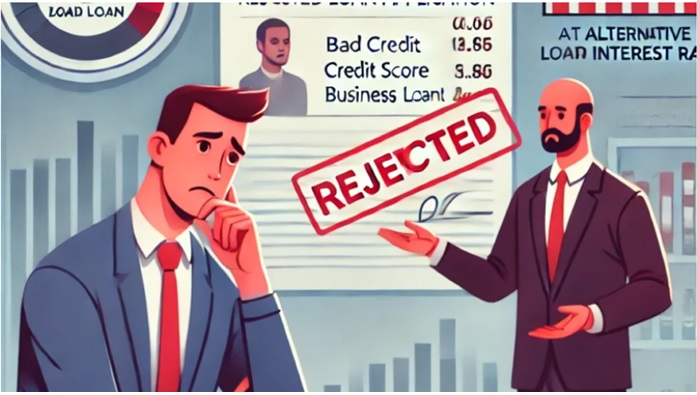Buying a car with bad credit can be challenging, but it is not impossible. Many car dealerships specialize in working with buyers who have poor credit scores by offering flexible financing options tailored to their situation.
The key to securing a car loan despite bad credit is finding a dealership that understands your credit history and works to provide realistic payment plans. These dealerships often evaluate more than just credit scores and focus on overall financial stability and income.
Understanding how to navigate the process and what to expect can help buyers avoid common pitfalls. Knowing which questions to ask and what terms to watch for can improve the chances of a successful purchase.
How Car Dealerships Help Buyers With Bad Credit
Car dealerships for bad credit holders offer specific options tailored to buyers with bad credit, helping them secure financing despite their credit challenges. They provide financing solutions, loan types, and guidance on down payments that improve the chances of loan approval.
Understanding Bad Credit Auto Financing
Dealerships often work with a network of lenders who specialize in financing buyers with low credit scores. These lenders consider factors beyond credit scores, such as income, employment history, and existing debt.
Buyers with bad credit typically face higher interest rates and stricter lending terms. Dealership financing programs focus on minimizing risk by requiring more documentation or adjusting loan conditions.
For buyers, understanding that approval depends on multiple criteria helps set realistic expectations. Some dealerships offer in-house financing, directly managing the loan and giving buyers an alternative when outside lenders are reluctant.
Types of Car Loans Available
Buyers with bad credit generally encounter three main loan types: subprime auto loans, buy-here-pay-here loans, and co-signed loans. Subprime loans come from specialized lenders with higher interest rates to offset risk.
Buy-here-pay-here loans are provided directly by the dealership and often have flexible qualification standards, but typically carry even higher interest rates and shorter terms.
Co-signed loans involve a third party with good credit to reduce risk, which can secure better rates and terms. This type is useful for buyers who qualify for financing only with a guarantor.
Down Payment Considerations
A larger down payment can significantly improve financing approval chances for buyers with bad credit. It lowers the loan amount and reduces the lender’s risk.
Dealerships often recommend down payments of 10-20% of the vehicle price but may accept less depending on the buyer’s profile. A higher down payment can also help negotiate better interest rates.
Buyers should be aware their available cash for down payments affects monthly payments and loan duration. A strong down payment demonstrates financial commitment, improving the dealership’s willingness to approve financing.
Tips for Securing a Car Loan With Bad Credit
Securing a car loan with bad credit requires preparation, choosing the right lender, and having proper documentation ready. These steps help increase the chance of approval and reduce loan costs.
Improving Your Credit Before Applying
He or she should check their credit report for errors and dispute any inaccuracies. Paying down outstanding debts, especially high-interest balances, can improve the credit score.
Making all payments on time for 2-3 months before applying shows positive payment behavior. Avoid opening new credit accounts, as it may lower the score temporarily.
Adding a co-signer with better credit may help secure a loan with better terms. However, both parties share responsibility for the loan.
Choosing the Right Dealership
Some dealerships specialize in financing customers with bad credit. These often offer in-house financing, which can be more flexible on credit requirements.
It is important to compare multiple dealerships and lenders to find the best interest rates and loan terms. Checking online reviews and Better Business Bureau ratings can help identify reputable dealers.
Avoid dealerships that pressure for add-ons or upfront fees. Transparent pricing and willingness to negotiate are signs of a trustworthy dealer.
Documents and Information Needed
Applicants should prepare proof of income such as pay stubs or bank statements. Proof of residence, like utility bills, is also typically required.
Identification documents like a driver’s license and Social Security number help verify identity. Information on current debts and monthly expenses may be requested.
Having a list of references or a co-signer’s information on hand can accelerate approval. Organizing these documents beforehand streamlines the application process.




Leave a Reply